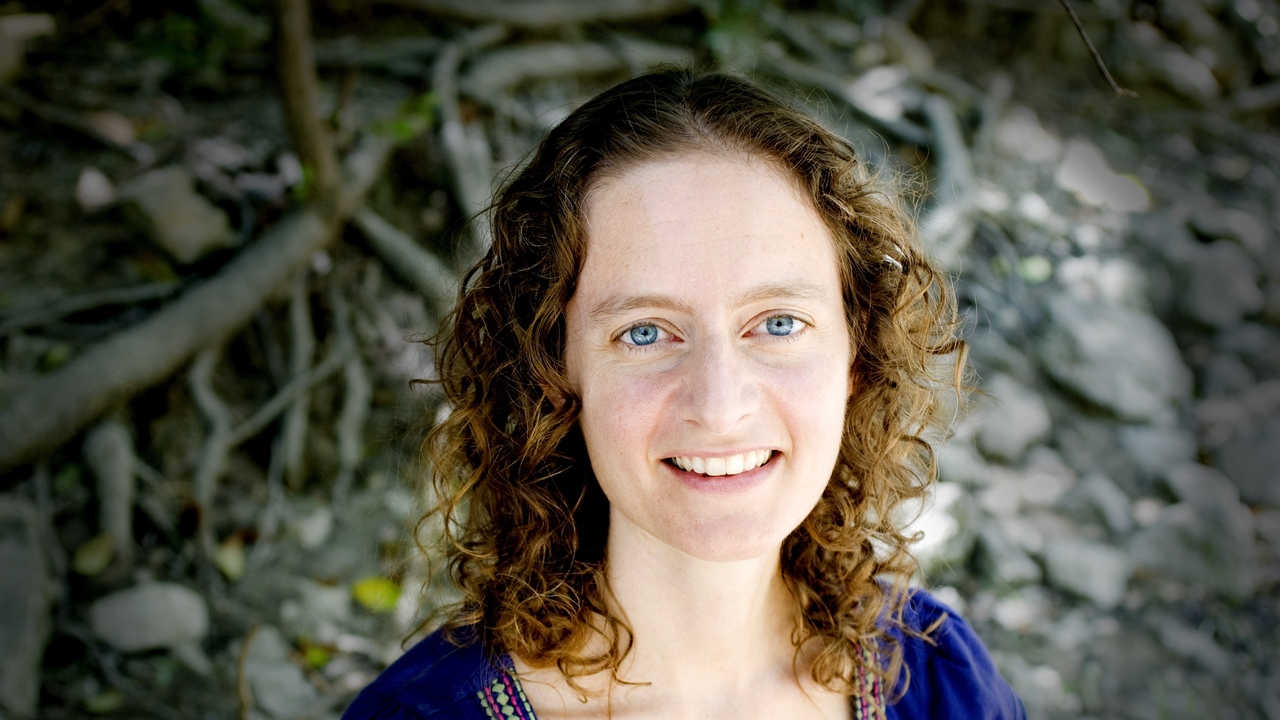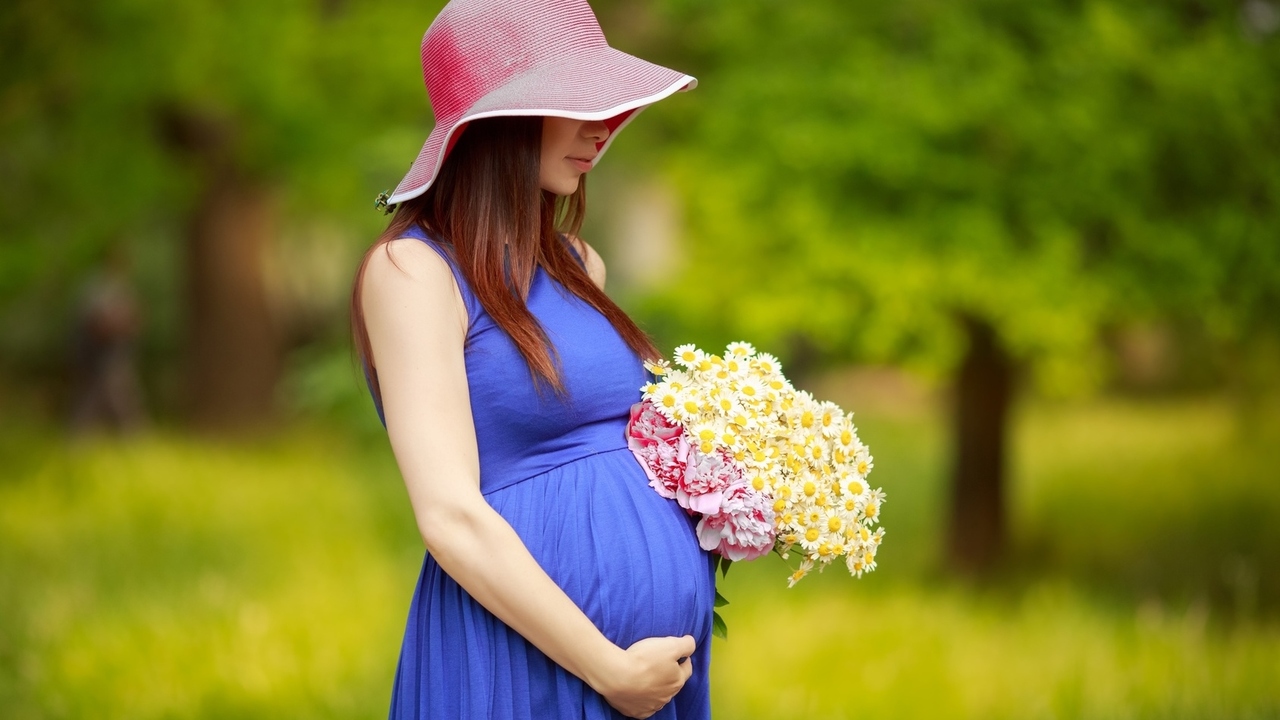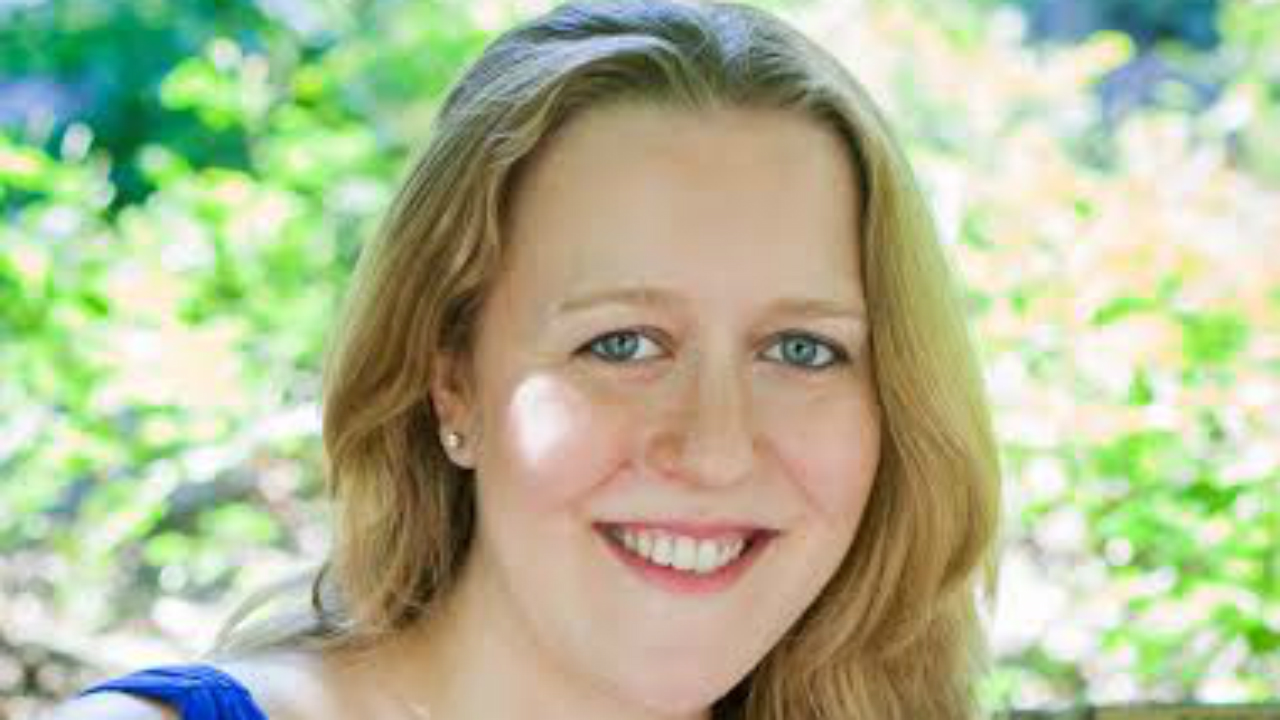 Photo: Getty Images
Photo: Getty Images
As the doctor looked at the sonogram screen, his brow furrowed and I knew something was wrong. He continued to move the wand around, as though he was looking for something elusive. Finally, he told me the pregnancy wasn’t viable. At first I refused to believe it. Wasn’t it possible that we’d gotten the dates wrong, or that he just hadn’t looked hard enough? Couldn’t he do a hormone level test to be sure? I wanted to blame somebody, because this certainly couldn’t be happening to me. I’d just shared our good news, and everyone was so excited about this baby! My husband’s expression was a mix of sympathy and sorrow. I thought I would melt away.
We returned home, where a friend was waiting with a congratulatory stack of pregnancy and parenting books. All I could do was shake my head.
What could possibly have gone wrong? No one in my family had miscarried, I thought, believing this sort of thing was genetic. (It’s not.) I racked my brain to figure out what I might have done to cause this. (Nothing at all.) Then I crumpled up, ready to disappear.
Over the next several weeks, I heard from countless women about their own or their family members’ miscarriages. I was stunned. Why had I never known that other women close to me had been through this? And I even had family members who’d miscarried, despite my previous beliefs. While hearing others’ empathetic stories, I couldn’t help but wonder, Why didn’t anybody tell me this before? Why don’t women talk about this? Why is miscarriage such a taboo subject?
Miscarriage is defined as any pregnancy that ends spontaneously before a fetus is able to survive. As many as 75 percent of women trying to conceive experience miscarriage in early pregnancy (in the first 20 weeks of pregnancy), though some women who miscarry in the first month after conception don’t ever know they were pregnant. About 5 percent of women experience two miscarriages in a row, and 1 percent have three or more consecutive miscarriages. As if the devastation of losing a child is not enough, the more miscarriages a woman experiences, the more likely she is to have another; the rate is higher for women who have not yet given birth to a live infant. When so many of us go through this devastating experience, why aren’t we more aware before we suffer our own losses?
Ellen Sturgill of Chesterfield, MO, experienced recurrent miscarriages before each of her children were born. “One of the hardest parts was thinking, ‘Why me? Why is this happening to us over and over?’” she recalled. While she didn’t feel anger toward her friends whose pregnancies were carried to term, she was upset with her situation and remembers wondering, “How come everything is going well for them and I can’t do this?”
Miscarriage can occur for many reasons, though many times these cannot be determined. Most women become aware they are miscarrying when they experience vaginal bleeding, abdominal pain and cramping. (Note that not all vaginal bleeding occurs because of miscarriage; about 25 percent of women experience some bleeding during the first few months of pregnancy. Seeing a health care professional can determine whether you are threatening miscarriage.)
I didn’t experience any bleeding or pain, perhaps because my miscarriage occurred so early in the pregnancy. Women like me whose bodies do not “naturally miscarry” must undergo a dilation and curretage (D&C) procedure to remove the fetus. This surgical procedure helps to prevent infection and can stop bleeding. Only after my D&C did I finally accept that this pregnancy had truly terminated. While I never experienced physical pain, the emotional duress lingered for months afterward.
Many friends announced their pregnancies right around the time of my loss, and while I knew part of me was excited for them, I guiltily felt a pang of emptiness every time we heard about someone else’s “good news.”
Unfortunately, because so few women speak openly about miscarriage, finding the right words to comfort a grieving mother can be difficult. Sturgill remembered well-meaning friends telling her, “Well, it was God’s way,” or “It was for the best.” “That was not what I wanted to hear!” she says. “It was still a loss for me. I still saw that heartbeat, I still saw that baby forming.”
Sometimes comments led Sturgill to believe that not everyone understood the instant bond between mother and unborn child. “People acted like it was a cancerous tumor that was cut out, or an ovarian cyst, and that I could simply move on,” she says incredulously. “No—this was my baby. As soon as I was pregnant, I was bonded and nurturing. Everything I was doing, everything I ate, was to support this baby, and then it was taken away.”
In the early days after a miscarriage, finding support can help with the healing process. Many areas have support groups for families who have experienced miscarriage or stillbirth. Sturgill’s church offered a ceremony during which families could name their lost child. “That was really a closing for me,” she said. “It was a chance to recognize that that was our baby, and that we lost that baby. It gave me a sense of peace.”
Fortunately for me, I was able to get pregnant again, and as a mother of two healthy children, the pain of the miscarriage has diminished considerably. One comfort is knowing that if I hadn’t miscarried during my first pregnancy, my son would not be here today.
An old adage says that time heals all wounds, and time does help lessen the pain of loss from miscarriage. You may think, “I can never forget this,” and that’s okay; remembering your loss can be a big step in the healing process. But life can—and does—go on. So many women have suffered the same loss and survived, however hard the road. We are not alone.
Sources:
Recurrent Early Pregnancy Loss
Reviewed July 1, 2011
by Michele Blacksberg R.N.
Edited by Alison Stanton






Add a Comment2 Comments
I'm so glad I came across this...its comforting to know I am not alone. I also take comfort in the fact that life will go on, even if it doesn't feel like it will just yet
September 17, 2015 - 2:28pmThis Comment
what makes the miscarriage more difficult is the insensitivity of the people around you. They keep talking that children are gift from God and that you could do nothing but wait so it means i am not gifted with that and there's something wrong with me.The most insensitive thing they have said is Try again, as if it is a game that when you lose you can play again, as easy as that. Miscarriage is truly a private grief that no one could understand unless they have been through it also.
April 2, 2016 - 5:54pmThis Comment